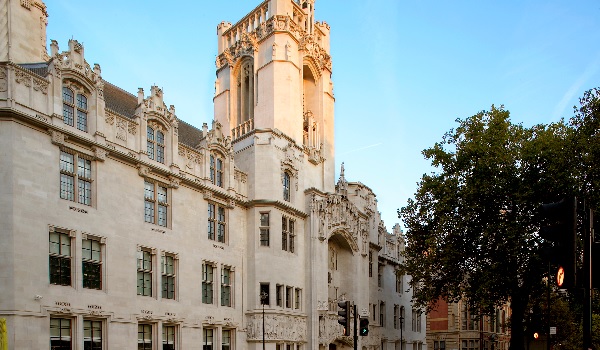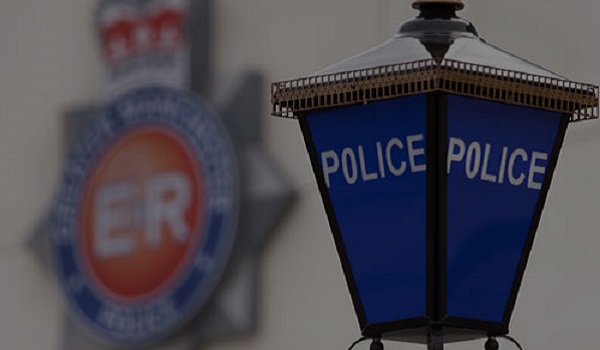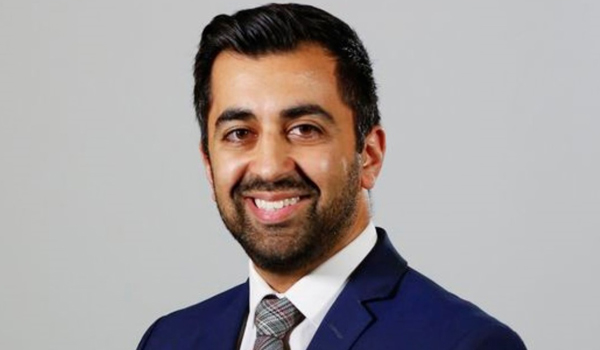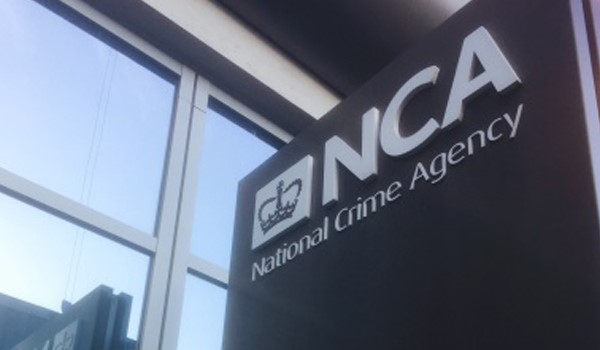Supreme Court rules acquittals can be disclosed to future employers
A man who was acquitted of rape has lost an appeal to remove any reference to the case from his criminal records check.
The qualified teacher, referred to as ‘AR’, was cleared in January 2011 of raping a 17-year-old girl in a taxi he was driving.
When he applied for a job as a lecturer, details of the charge and verdict were included in his Enhanced Criminal Record Certificate (ECRC), which he claims infringed his right to respect for private life.
But the Supreme Court unanimously dismissed the appeal on Monday (July 30), ruling that disclosing the man’s acquittal is proportionate in the context of his job application.
On March 22, 2011, AR asked for an ECRC, which came back headed ‘other relevant information disclosed at the Chief Police Officer’s discretion’ and included details of the charge, AR’s defence in his interview and the jury’s verdict.
AR objected to the contents of the certificate on April 20, 2011, saying it “fails to provide a full account of the evidence given and how the jury came to its conclusion”.
“It is wrong, unfair and grossly prejudicial [that] I should have to defend myself every time I apply for employment after the jury have ruled I am an innocent man,” he wrote.
However, the disclosure was upheld by an inspector at Greater Manchester Police, prompting AR to write a letter of appeal to the Information Governance Unit on June 2, which stated that when he applies for jobs “this rape allegation is disclosed on my CRB and therefore employers will not consider me”.
His appeal was rejected on the basis that the position of lecturer would give AR the opportunity to befriend vulnerable females of a similar age to the victim, with the risk that he might use his role “to abuse his trust and authority and commit similar offences”.
Lord Carnwath of Notting Hill agreed with the then chief constable of Greater Manchester Police, Sir Peter Fahy, that the disclosure was appropriate as it was “not lacking substance” and that the allegations “might be true”.
He also rejected a claim that as a matter of domestic law it is necessary or appropriate for those responsible for creating an ECRC statement to conduct a “detailed analysis” of the evidence at the trial.
In its ruling, the Supreme Court said the information about the charge and acquittal “was in no way secret” and a “matter of public record”.
Despite the dismissal of AR’s appeal, the Supreme Court raised concerns about the ECRC procedure in similar circumstances.
It said that acquittal by a criminal court following a full trial “can be said to imply no more than that the charged has not been proved beyond reasonable doubt”, adding that this leaves open the possibility that the allegation was true.
The court also said it was concerned about the conflicting reports on how an ECRC is likely to be treated by a potential employer in a case like AR’s and criticised the lack of guidance to employers as to how to interpret certain disclosures of information.
“We have been shown reports which emphasise the importance of not excluding the convicted from consideration for employment, but they say nothing about the acquitted, who surely deserve greater protection from unfair stigmatisation,” the ruling stated.
“These issues require further consideration outside the scope of this appeal. Careful thought needs to be given to the value in practice of disclosing allegations which have been tested in court and have led to acquittal.”







